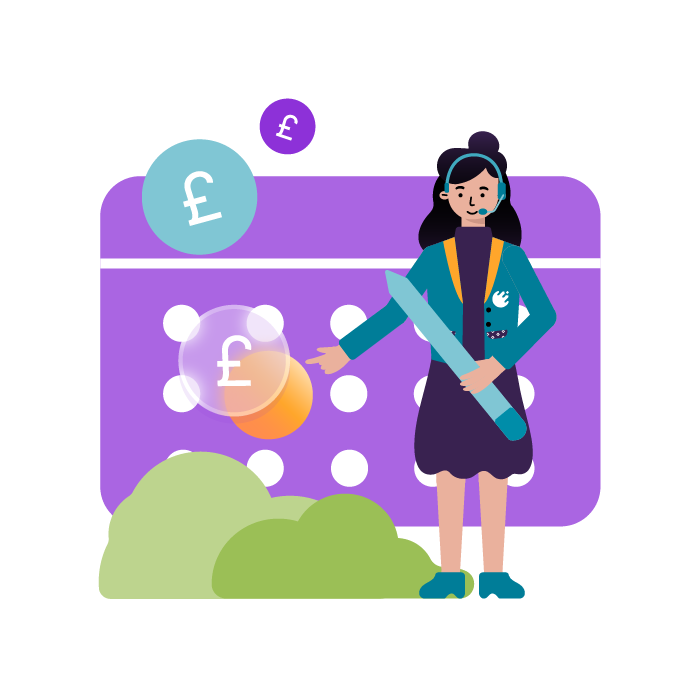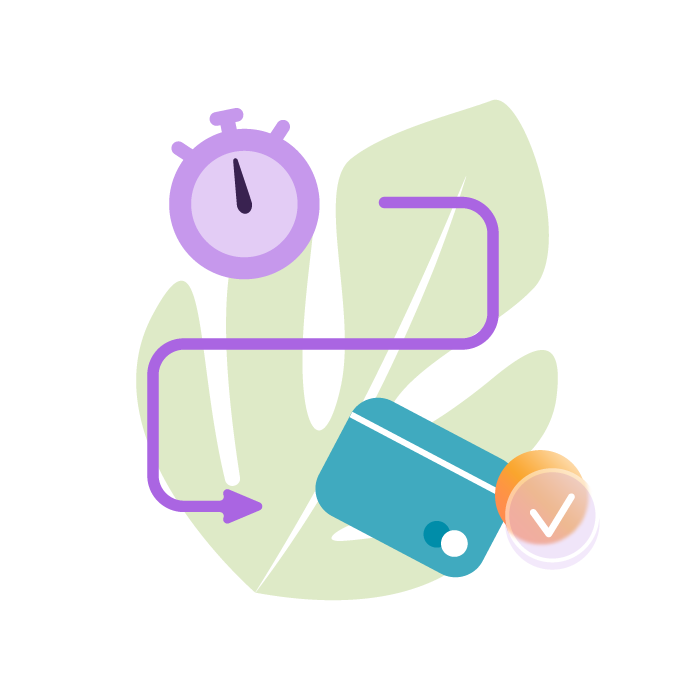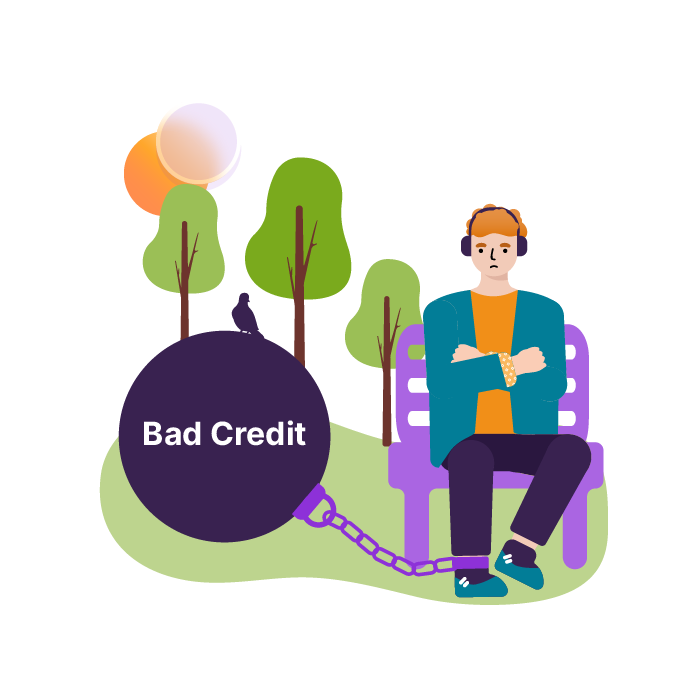Secured and Unsecured Debt Consolidation – The Difference
When choosing debt consolidation, you may be offered a choice between secured and unsecured loans. Here are the differences between the two.
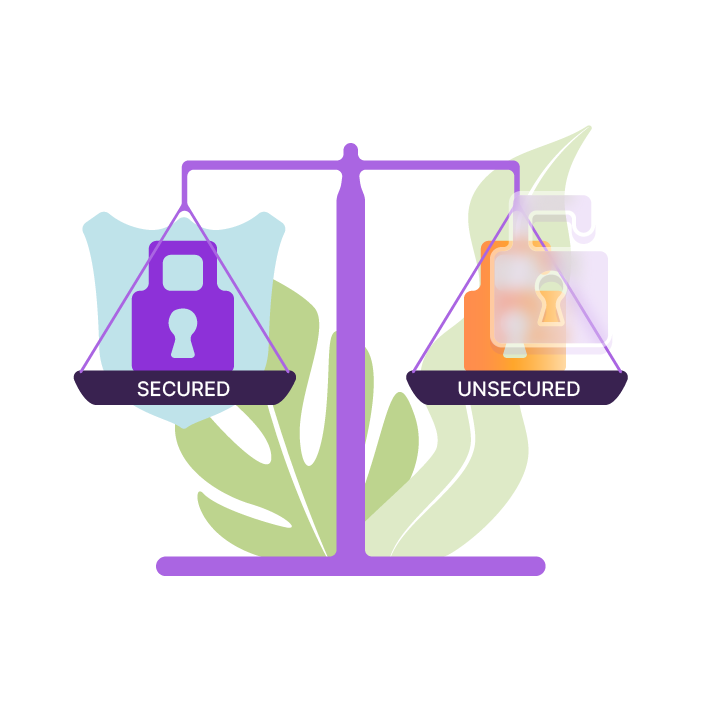
In this article, we'll cover:
Every year, thousands of people use debt consolidation to deal with multiple creditors and repay what they owe through affordable monthly payments. In many of these cases, the loan they receive will be ‘unsecured’.
However, secured debt consolidation loans are available. As both have different effects on your financial situation, we’ve created this guide so you can determine which one may be right for you.
What is secured debt consolidation?
If an applicant has a poor credit rating, or wishes to resolve substantial debts, they may be more likely than others to be offered a secured loan.
In this situation, the finances are secured against an asset – usually property.
If repayments are missed on the loan, then the asset could be at risk. For example, if your home was offered as an asset for secured debt consolidation, the property could be seized if you fail to make payments.
However, this form of consolidation has its advantages. Generally, secured loans can be taken out over a longer period and the interest rate will also be normally lower than an unsecured loan.
What is unsecured debt consolidation?
Unsecured debt consolidation is a loan where assets aren’t placed at risk.
For example, if you fail to meet the repayments on one of these, you can expect your credit rating to suffer and potential bailiff action.
However, your property should not be repossessed. In addition, if you run into financial difficulty, some unsecured debt consolidation providers will be able to adjust your repayment schedule to better reflect your circumstances.
Although these loans do not put assets at risk unlike their secured variants, the interest rates may be higher. This means, ultimately, you could be paying back more than you otherwise would be on a secured loan.

Which one is right for me?
Secured and unsecured debt consolidation can both be used to repay your creditors and just focus on one monthly repayment. Generally, if you’re looking to borrow large sums of money – and believe you can keep up with the repayments – then a secured loan may be the only option.
However, unsecured might be a better option if you want the security of knowing your property isn’t at risk.
Whichever option you feel is right for you, you should speak to one of our team members today to ensure you receive a loan which reflects your financial circumstances.
Through Consolidation Express, you could have the funds you need in less than 24 hours. You could also be repaying your creditors by this time tomorrow.
Apply Now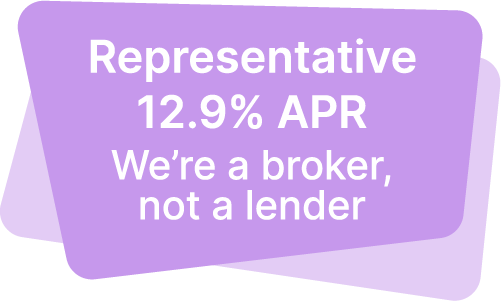
Representative Example: Borrowing £7,500 over 60 months, repaying £167.57 per month, total repayable £10,054.20.
Total cost of credit £2,554.20.
Interest rate 12.9% (variable).
The lenders on our panel offer loans for 12-120 months, with rates from 4.4% APR to 49.9% APR.
